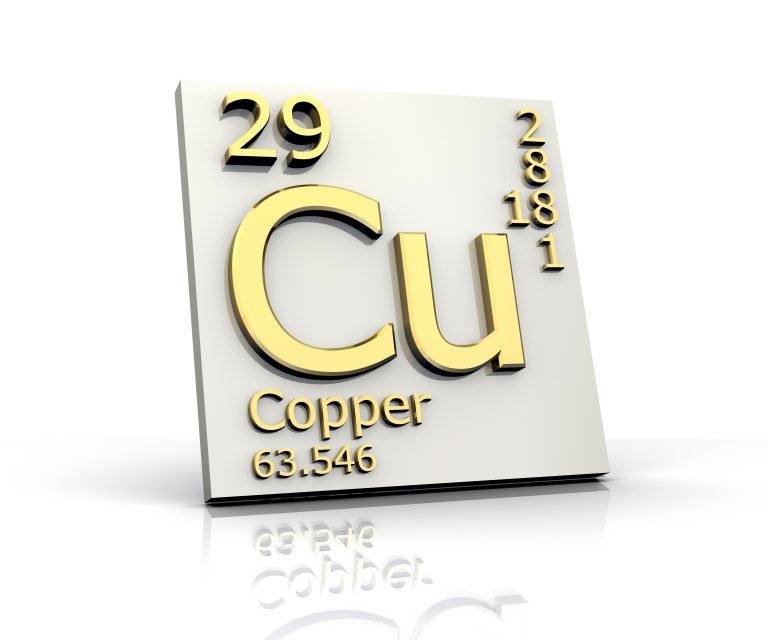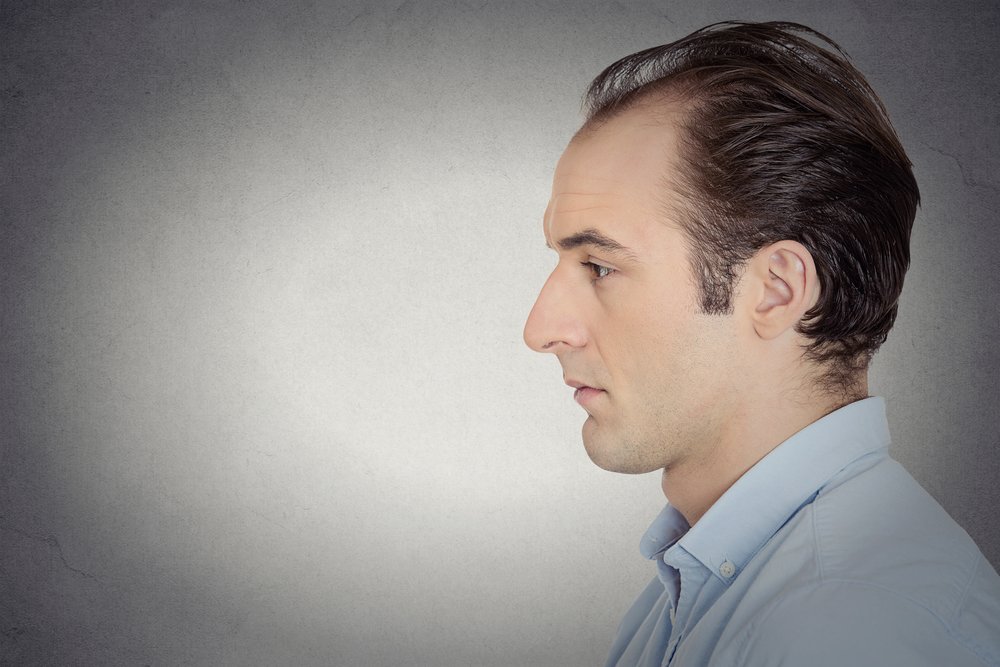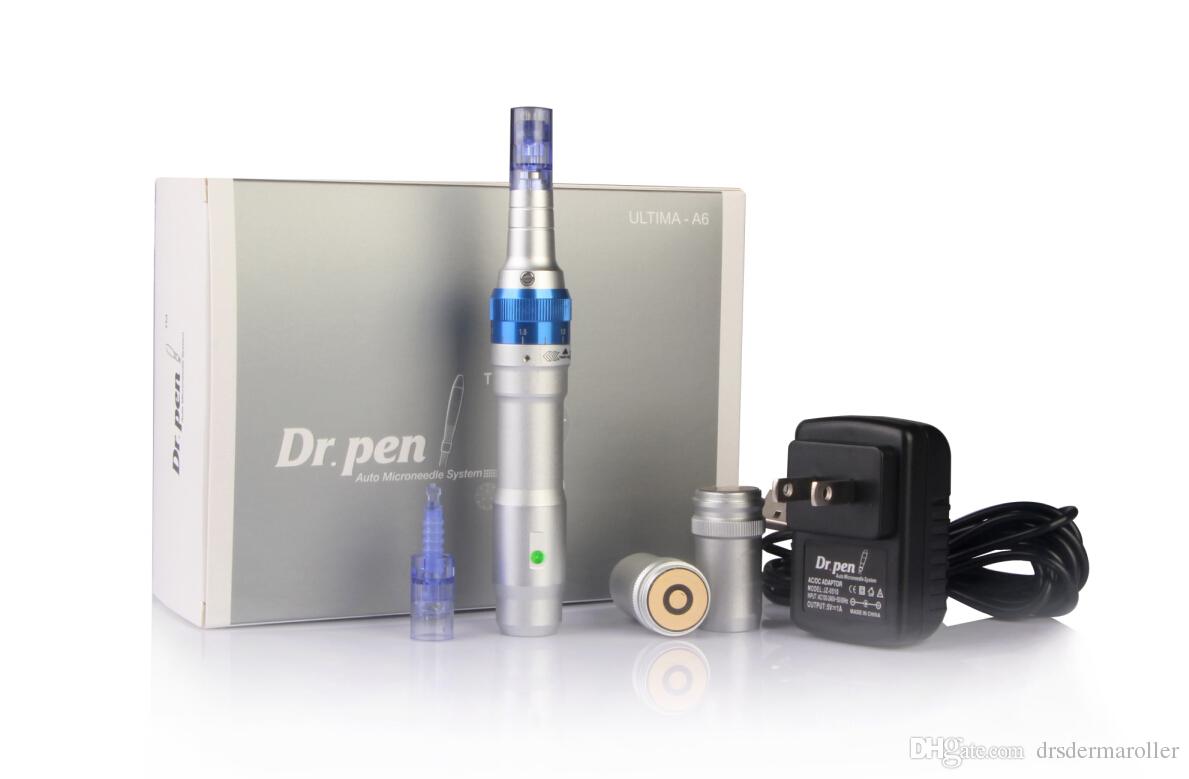
Page Contents
Copper peptides are something that you possibly haven’t heard about, even if you are familiar with hair loss treatments. However, this type of peptide has been gaining traction over the last few years in both hair and skin products.
You might be thinking that copper is about as useful as gold-infused facial oils or diamond dust–encrusted setting powders, but copper peptides are actually something different that can truly help you and your hair more so than just being a type of fashion statement.
What Are Copper Peptides?
There is a lot you probably don’t know about copper peptides, but you may have heard them referred to as nature’s botox. But I will explain why copper is referred to as that when I get around to telling you the benefits of it.
Copper peptides have been known about since back in the 1970s. Though little was known about them back then, they have been used in products for the last 20 years. This happened as more is understood about peptides and how they work, though there are still urban myths about it.
As for what copper peptides are, you should know that copper is something that is naturally found in our bodies. Specifically, copper is found in the cells that make up our tissues. The depletion of it has been linked to a variety of degenerative diseases, which shows just how important it is.
This type of peptide also has other important roles in the body, one of which is to help decrease aging. It is because of this that our level of copper peptides drops as we get older. Or, maybe, it is the decrease of copper in our body that makes us age faster.
The protein that makes up copper peptides is made up primarily of three different amino acids. These three aminos serve a variety of purposes, one of which is to assist in the forming of blood vessels. That is why copper peptides are so important to your circulation as well as your healing.
A few other things about copper peptides you should know is that they are present in your body all the time. They are found primarily in saliva, blood plasma, and urine. But the peptide can also be made in a lab, which is what is used in products.
The Benefits Of Copper Peptides
Copper peptides have a host of benefits to them. The first of these benefits is the fact that many dermatologists recommend them for all types of things. Some of these dermatologists are well known I their field, such as Adarsh Vijay Mudgil, MD and Marie Hayag, MD.
Though it is gaining traction for helping your hair, copper peptides are more known for how they help your skin. There are decades worth of data on how it helps your skin in a variety of ways. This is why copper peptides are sometimes referred to as nature’s botox.
Copper peptides can help with your skin firmness, smoothness, with the reduction of lines and wrinkles, and more. Another thing that these peptides do is that they stimulate collagen production to such an extent that dermatologists recommend it.
Then, it also promotes elastin, glycosaminoglycan, and it helps your skin by giving you improved antioxidant activity. This last benefit, in particular, is great for your hair as well as your skin. As you have heard, antioxidants can do a world of good for your hair by fighting off the free radicals that can both clog up your pores and damage your hair.
In fact, copper peptides are helpful for removing damaged cells even apart from the antioxidants in it. This, once again, is good for both your hair and your skin. These peptides are also a big help with inflammation, with one of its main functions being to reduce and of this. Inflammation is one of the big things of hair loss.
Finally, these peptides can help with a variety of other seemingly random things. Some of these include, helping with wound healing, acne, and other things. A few places even state that it helps with DHT like minoxidil does.
Related Reading
Cautions Of Copper Peptides
The thing to be most careful about when using copper peptides is that you don’t overdo it. This peptide, like other good things, can be bad for you if you use too much of it. The one thing to never do with copper peptides is ingest them.
While they are gentler than things like retinoids are, too much in your bloodstream can me you nauseous and give you gastrointestinal issues. If you consume the copper peptides, you can even get serious organ system toxicity.
Topically, these peptides can cause rashes and allergic reactions, which will only worsen your hair loss. Though the main side effect is some form of allergic reaction, there is one other possible side effect. The copper also may trigger the production of metalloproteinases.
This is something that eats collagen and elastin to compensate for the excess amount that the copper might be causing you to make. However, it also may cause wrinkles, sagging skin, and other things, which is why you might have been using it in the first place.
Dermatologists tend to recommend that you don’t use copper peptides with vitamin C. Why this is the case, the dermatologists don’t exactly make clear, but this can be concerning.
Finally, copper peptides can dry out your scalp and skin, especially if it is in concentrated amounts. This can be bad for your scalp, giving you dandruff or making your existing dandruff worse. Since dandruff particles can clog up your pores, this is very bad for hair growth.
All of this combined is why copper peptides are hard to find in products by itself. It is instead mixed with other things so that you are only getting a small amount of it. This is for your safety.
How To Use Copper Peptides For Your Hair
Copper peptides can be used on their own, but there is a type of ingredient that it does pair well with. As this type of peptide can dry out your skin a bit, using it with a moisturizer can help. Most products with copper in it do have moisturizers in them as well, but not all do.
Copper Peptides can be found in a variety of different products. Some of these include serums, creams, shampoos and conditioners, and more. Many of these are meant for your skin, not your hair. However, as long as you read the ingredients, you may find some skin products that are perfectly safe to use for your hair.
What’s more, these peptides have proven that they can help to improve the results of hair transplants. So, using this topically is great for your post-surgery transplant, even if you have a bit of a wound there still, which is not something you can use almost any other type of hair treatment on.
Any time you use copper peptides, it is important to remember that it is infused in other products for a reason. You don’t need a lot of these peptides to help your hair. If the copper seems to be making your hair worse, then there is a chance that you may simply be using too much of it.
That said, you can get copper peptides by itself so that you can add it to your usual hair products. This is the most uncomplicated way to add the copper into your hair routine. Just make sure that it is only about 1% of whatever you are putting on your hair. Any more of the peptide than that is likely to be too much.
Final Thoughts
So, copper peptides can be a good thing for you to try for your hair, and there are even some simple ways to do it. The toughest part of using these peptides is probably going to be finding the right product for you.
Some products with copper peptides in them can easily cost hundreds of dollars. However, other products can cost no more or less than what you would expect for a month’s worth of any other type of hair product.
But the right copper product can really help your hair. So, maybe this is something that you can try if other, more popular, hair loss products just aren’t cutting it for you.







